
Aloe has a long and wide using history in food, drugs, beauty products. Anthraquinone compound is the main active ingredients of Aloe, it is contain Barbaloin(also called as aloin, aloe-emodin), aloe-emodin anthranol, isobarbaloin, alomycin, aloin A, aloesin and so on. Barbaloin is the basic component, which can hydrolysis into aloe-emodin under the action of bacterial parasite in human body. Aloe-emodin can stimulate the move of intestinal wall, so it has effective function to adjust the intestine and stomach action of intestine and stomach.
The active constituents for aloe's laxative effect are known as anthraquinone glycosides, which are converted by intestinal bacteria into aglycones. The active compounds responsible for aloe's wound healing properties are less well-described but are likely a combination of several saccharide molecules. When the leaf is consumed, the high fiber content of the plant has been shown to exert beneficial effects on cardiac disease risk factors by reducing blood levels of cholesterol, triglycerides and glucose.
Product Introduction

| Product Name | Aole Extract | Appearance | White |
| Latin Name |
Aloe vera(Haw.) Berg |
Test Method | HPLC |
| Specification | 100:1 | Mesh | 95% pass 80 mesh |
| Application | Health Care | Shelf Life | 2 Years |
1. Anti-bactericidal and anti-inflammatory
2. Eliminating waste material from the body and promoting the blood circulation;
3. Whitening and moisturizing skin
4. Eliminating the pain and treating hangover, sickness, seasickness;
5. Preventing skin being damaged from UV radiation and making skin soft and elastic.
Application of Aole Extract
Used in cosmetic industry;
Used in nutrition industry;
Used in pharmacy.

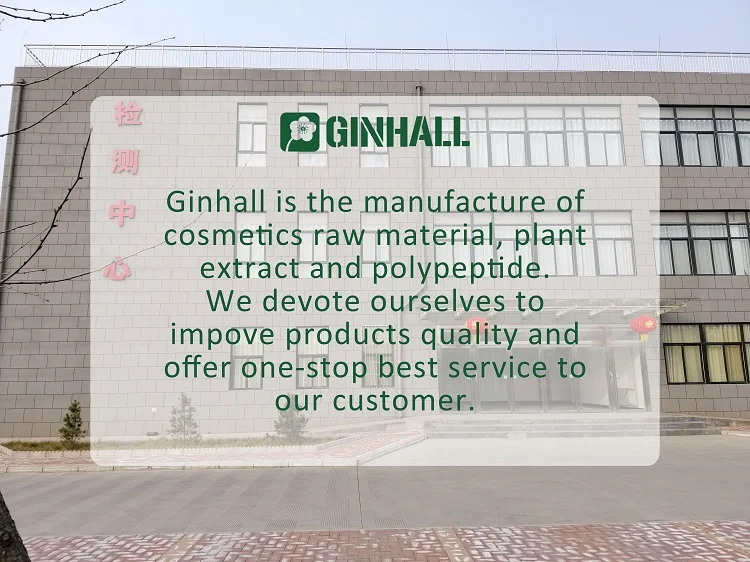

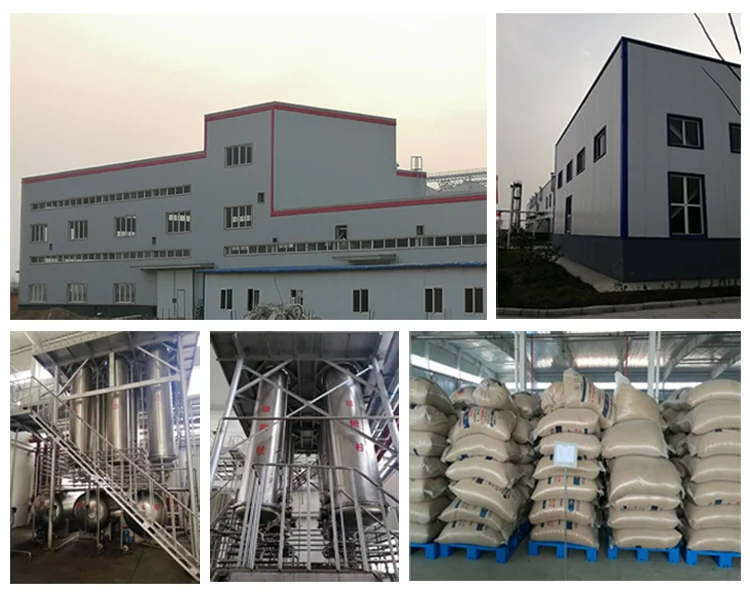
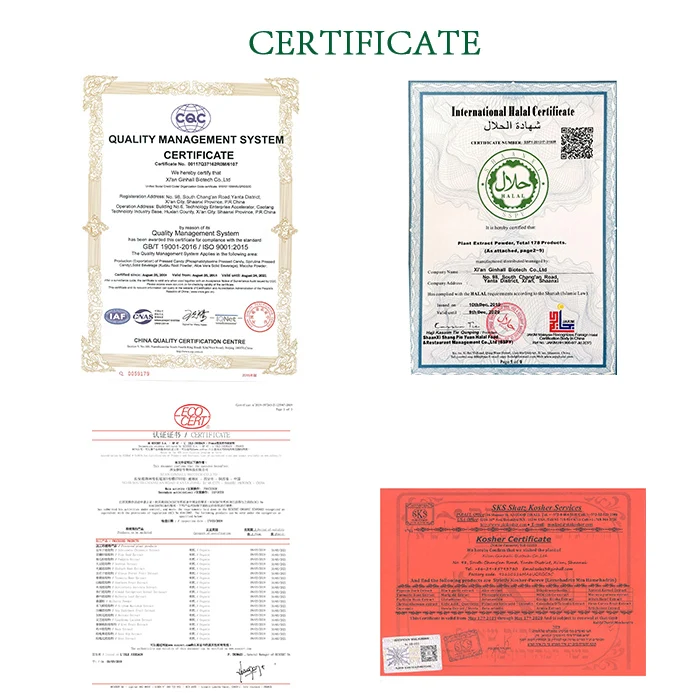
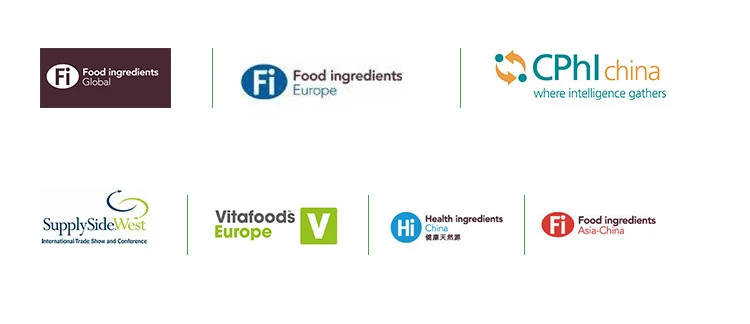
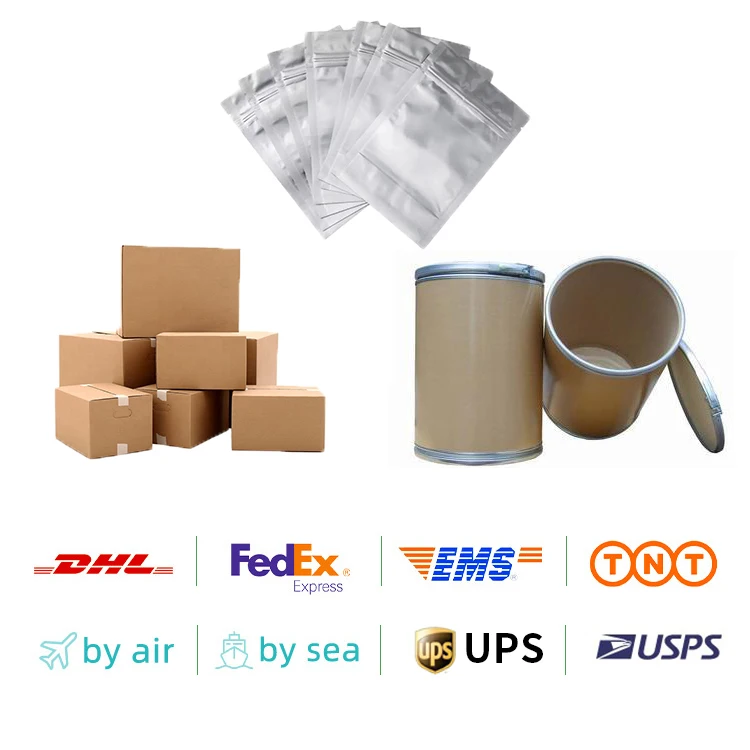

A:Please send our inquiry to get more details.If you both make an agreement,we will make an invoice for you,just do as instructions.
Q2:Is there any discount?
A:Sure,price are closely related to the quality.Buy more save more.
Q3:How about delivery lead-time?
A:Delivery lead time :about 3-5 days after payment confirm.(Chinese holiday not included)
Q4:How long time cost with shipping?
A:3-5 days shipping time deliver to your door.
Q5:How do you avoid customs issues?
A:We have rich experience deal with customs,hundreds of parcels every moth we deliver,detailed documents and certificates will be provided to customs when goods arrive to local port.

We have more categories for you. lf you can't find the products you want above,just fill in the form and tell us whatproducts you want to import from China.


















